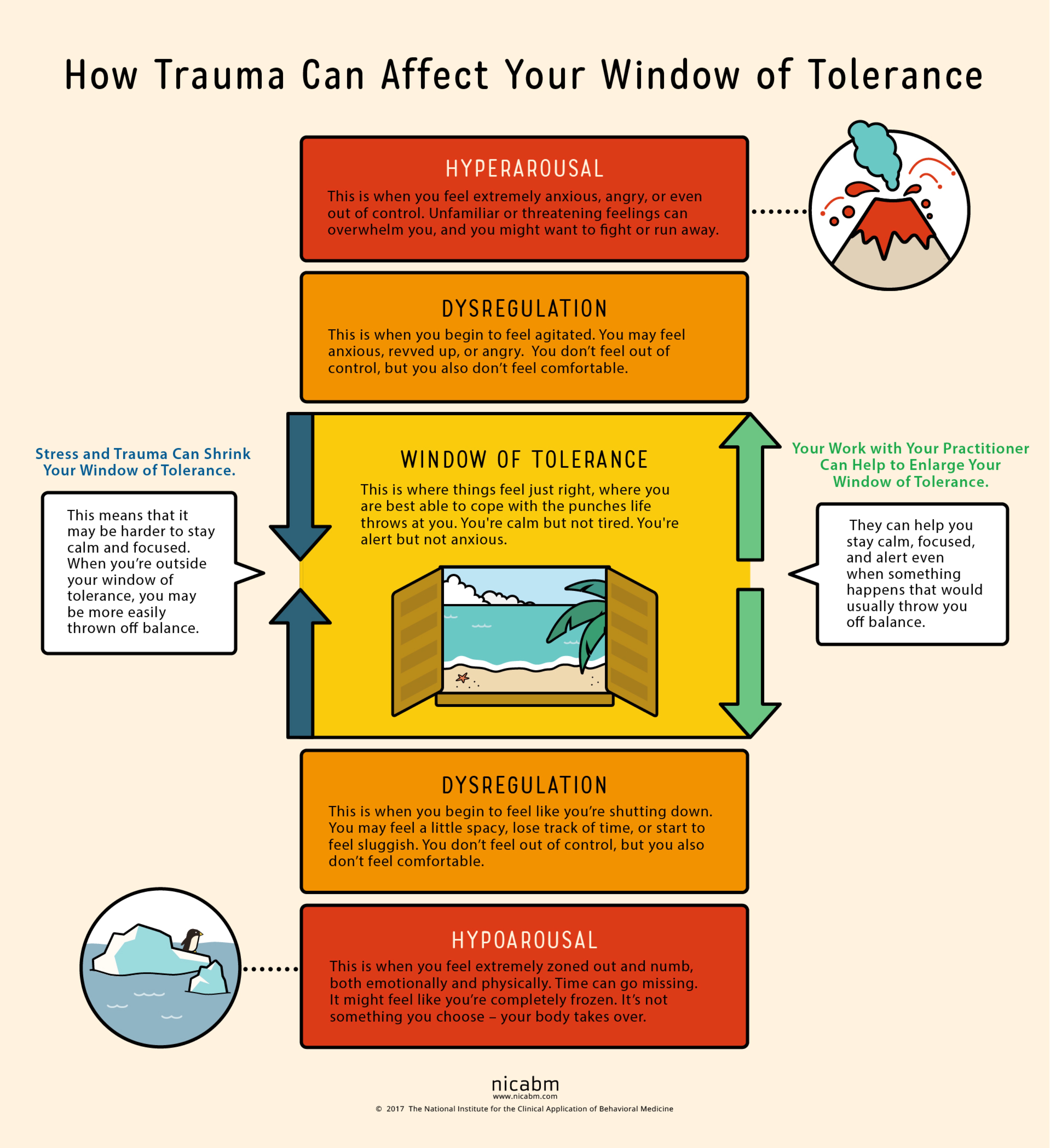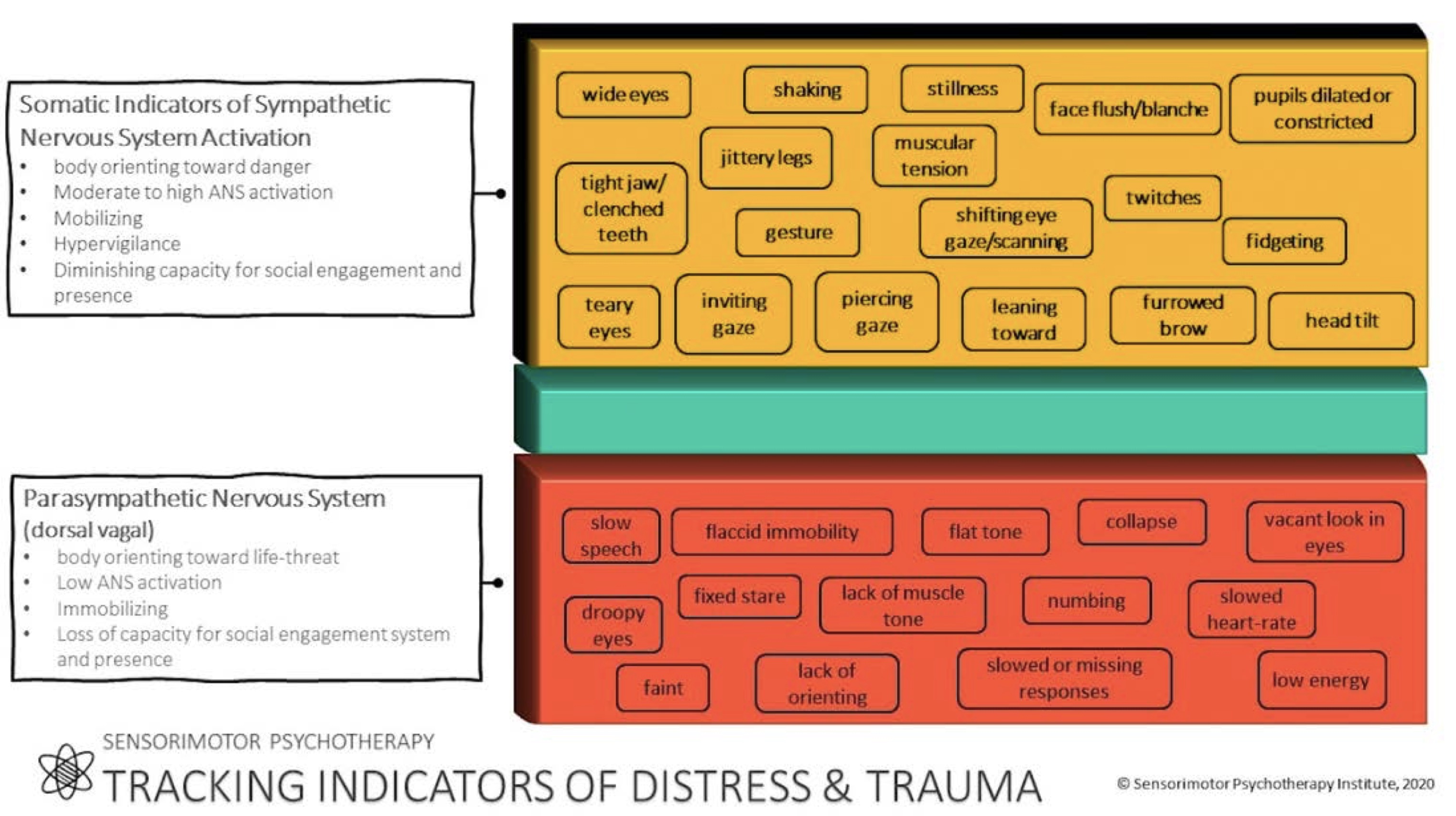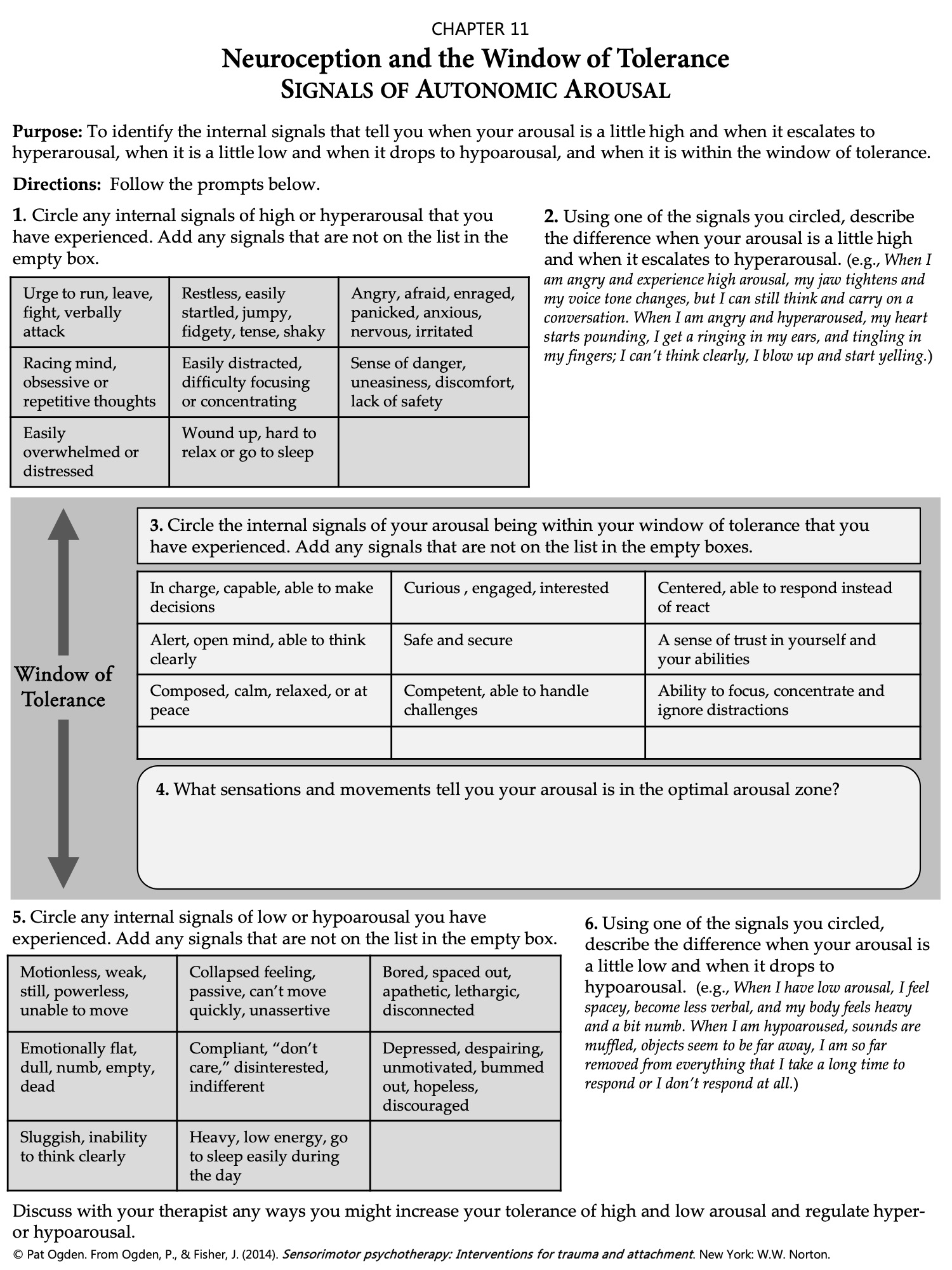Compiled below are some resources that you may find useful in times of distress and well-being.
If you are experiencing an emergency, please call 9-8-8, 2-1-1, 9-1-1, go to your nearest emergency department, or contact a support line, such as:
- Distress Centre of Toronto: 416-408-4357 also see Distress and Crisis Ontario
- Gerstein Centre Crisis Line (24 hr): 416-929-5200
- Suicide and Crisis Hotline (24 hr): 1-800-448-3000
- Assaulted Women’s Help Line (24 hr): 1-866-863-0511
- Toronto Rape Crisis Centre/Multicultural Women Against Rape
(24 hr): 416-597-8808 - Kids Help Phone Phone (20 and under): 1-800-668-6868
- Seniors Safety Line (24 hr): 1-866-299-1011
- Lesbian Gay Bi Trans Youth Line (26 and under): 416-962-9688
- Trans LifeLine: 1-877-330-6366
- Hope for Wellness (all Indigenous peoples, 24 hr): 1-855-242-3310
- National Indian Residential School Crisis Line (24 hr): 1-800-721-0066
- Black Youth Helpline: 1-833-294-8650
- The 519: crisis, drop in, and peer supports in Toronto
- LGBTQ+ Healthcare Directory: a project of the Tegan and Sara Foundation and GLMA – Health Professionals Advancing LGBTQ+ Equality
- Rainbow Health Ontario Directory: designed to help you find health and social service providers who have expressed a commitment to providing competent and welcoming care to LGBT2SQ people in Ontario.
- Affordable Counselling in Toronto
- Hard Feelings
- Centre for Training in Psychotherapy
- OISE Psychology Clinic
- The Gestalt Clinic
- The Living Institute
- The Support Network for Indigenous Women and Women of Colour
- Toronto Institute for Relational Psychotherapy
- Open Path Psychotherapy Collective
- OPC Referral Directory
- The Medical Clinic for Person-Centred Psychotherapy (OHIP covered)
- Medical Psychotherapy Association Canada (OHIP covered)
- Toronto Psychoanalytic Society & Institute (MDs are OHIP covered)
- Non-Insured Health Benefits Program (First Nations & Inuit)
- The Adult ADHD Self-Report Scale for DSM-5 (ASRS-5) is a self-report screening scale for attention deficit hyperactivity disorder (ADHD) in adults.
- The Ritvo Autism Asperger Diagnostic Scale–Revised (RAADS–R) is a self-report questionnaire designed to identify adult autistics who “escape diagnosis” due to a subclinical level presentation.
- The Camouflaging Autistic Traits Questionnaire (CAT-Q) is a self-report measure ofsocial camouflaging behaviours in adults. It may be used to identify autistic individuals who do not currently meet diagnostic criteria due to their ability to mask their autistic proclivities.
- The Adult Repetitive Behaviours Questionnaire-2 (RBQ-2A) is a self-administered questionnaire that measures restricted and repetitive behaviours in adults.
- The Toronto Alexithymia Scale (TAS-20) is a 20-item, self-administered questionnaire that measures difficulty in identifying and describing emotions, which is a big part of alexithymia.
The window of tolerance is a concept originally developed by Dr. Dan Siegel, MD to describe the optimal zone of “arousal” for a person to function in everyday life. When a person is operating within this zone or window, they can effectively manage and cope with their emotions.
For clients who have experienced trauma, it is often difficult to regulate emotions and the zone of arousal where they can function effectively becomes quite narrow.
When a client is traumatized, it can be especially difficult for them to stay grounded in the present because the past is more vivid and intrusive. Someone constantly living in their past trauma is primed to detect threat — and enter into that state of defense. That means they generally have a very narrow window of tolerance.
The stress of a traumatic memory or trigger may cause them to be pushed out of their window of tolerance. Even seemingly minor stressors can cause a client to dissociate, get angry, or feel anxious – leading to states of hyperarousal or hypoarousal.
Information sourced from NICABM.
Here are some images and worksheets to help you understand this concept better:






Couples and partners often find these pieces of relationship difficult. Here are some readings to aid in strengthening your inter-personal relationships and to create better patterns of communication:
- Six Hours a Week to a Better Relationship: small habits that will create a stronger connection with one another
- State of the Union Meeting: share both things that are working well and things that need to be addressed weekly with your partner
- Sound Relationship House: create solid foundations for your relationships to flourish
- Emotional Disconnection: how to engage with your emotional disconnection in relationship
- Compromise: what may be hindering you from compromising in relationship
- Questions for Transitions or Contemplating Endings in Relationships

These are the foundational pieces in any successful relationship. Often times, only one of these pieces exists in relationships that go on to feel unfulfilling or strained. Both chemistry and connections can be worked on and grown, but aligning on values and non-negotiables creates the most security.
These are just tools that I’ve found helpful. If these help or harm you in some way, please stop engaging, and bring those feelings that arise into session. Note, that these are not catchalls, and may not represent your experience or feelings of these situations.
Take these in with discernment.
Podcast: We Can Do Hard Things
267. The #1 Relationship Strategy with Dr. Becky Kennedy
Dr. Becky Kennedy returns to walk us through the #1 strategy for all relationships: REPAIR. She teaches us how to repair by revisiting hard moments to infuse them with love, connection, and new perspectives – and what happens when we don’t repair (it’s not good).
| Understanding and Creating Boundaries↠ | |||
| Releasing Shame from Your Body ↠ | |||
| Pain of Feeling Again and Again ↠ | |||
| Four Pillars of Self-care ↠ | |||
| Experiencing Somatic Therapy ↠ | |||
| Move from Thinking to Feeling ↠ | |||
| What Boundaries Sound Like ↠ | |||
| Understanding Inner Child Work ↠ | |||
| Somatic Anger Release ↠ | |||
| Creating Small Moments of Joy ↠ | |||
| Creating Joy↠ | |||
| Considering Breaking Up ↠ |
